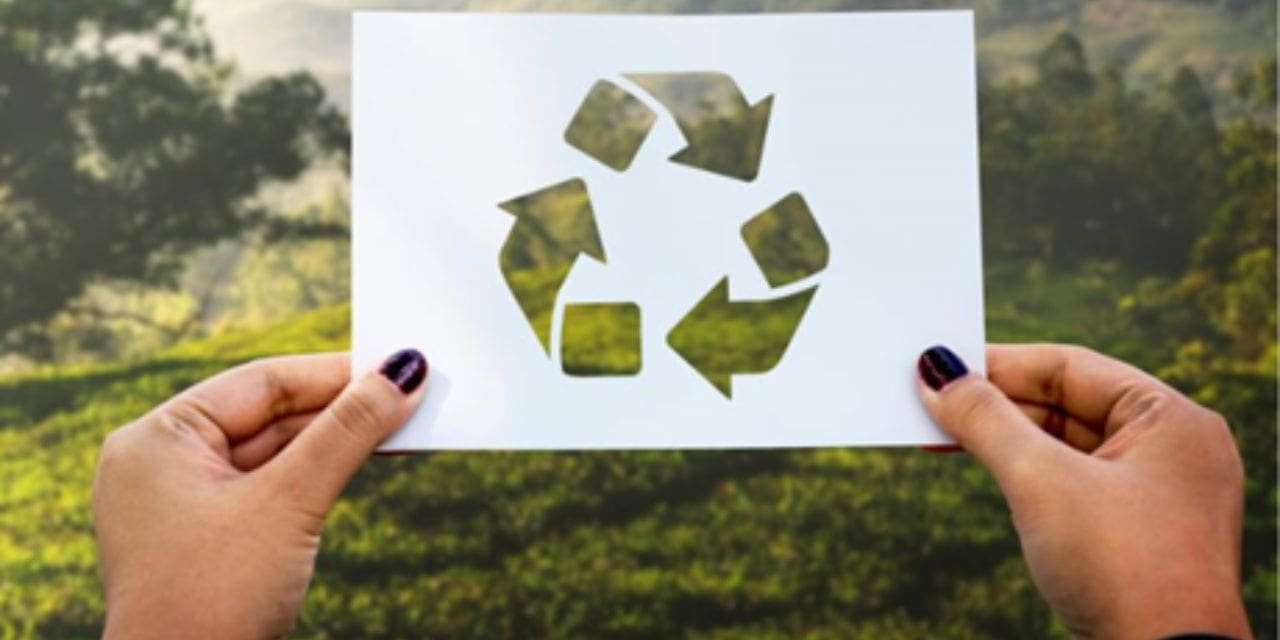Efficient management of garment waste embodies the idea that what one person discards, another can find value in. In fact, if handled strategically, garment waste could generate an annual income of US $6 billion.Experts believe that Bangladesh has the potential to export garments worth US $6 billion annually by locally processing 400,000 tonnes of recycled yarn and fabrics produced by garment makers every year. Presently, only 5% of local garment waste is recycled within the country, while over 35% is either incinerated or sent to landfills. The remaining 60% is exported to countries like India, Hong Kong, Sweden, and others, where advanced recycling technologies transform them into finer yarn, sold back to the domestic ready-made garment (RMG) industry.
The renewed emphasis on recycling textile waste aligns with new regulations from key export destinations, particularly the European Union (EU) market, which imported US $22.89 billion worth of apparel from Bangladesh in 2022. The EU’s Due Diligence Act mandates global apparel brands to prioritize using recycled yarn and fabrics for products destined for its markets.Swedish retail giant H&M, the largest foreign clothing buyer in Bangladesh, plans to comply with these regulations by ensuring that 100% of its materials are either recycled or sustainably sourced by 2030, with a significant 30% of materials being recycled by 2025.
The push for recycling textile waste not only aligns with global sustainability goals but also presents a significant economic opportunity for Bangladesh. Tax waivers on mills producing recycled fiber and yarn are being proposed, and industry leaders emphasize the economic growth potential in boosting domestic recycling capacity.
Local garment suppliers in Bangladesh are increasingly embracing sustainable fashion by utilizing recycled materials in their apparel. This shift not only aligns with international standards but also positions Bangladesh as a significant producer of recycled yarn and fabrics derived from plastic bottles.
Despite the potential economic and environmental benefits, the market for recycled materials remains largely untapped in Bangladesh. Efforts are underway to encourage a circular economy in the garment sector, aiming to enhance both export capabilities and the branding image of Bangladesh. The transformation to a circular economy requires collective efforts, and Bangladesh is poised to lead in recycled materials if it effectively harnesses the potential of post-industrial waste.
The incorporation of recycled fabrics is not limited to manufacturers; brands are actively adopting sustainable practices. Re/DRESS, a socially conscious fashion brand, debuted in Dhaka, offering a unisex collection entirely crafted from recycled textiles sourced within Bangladesh.While Bangladesh is making strides towards a circular economy, challenges persist, including the need to strengthen recycling capacities and manage different types of waste effectively. The ongoing efforts signal a positive shift towards sustainable practices in the garment industry, aligning with global trends and fostering economic and environmental benefits for Bangladesh.

